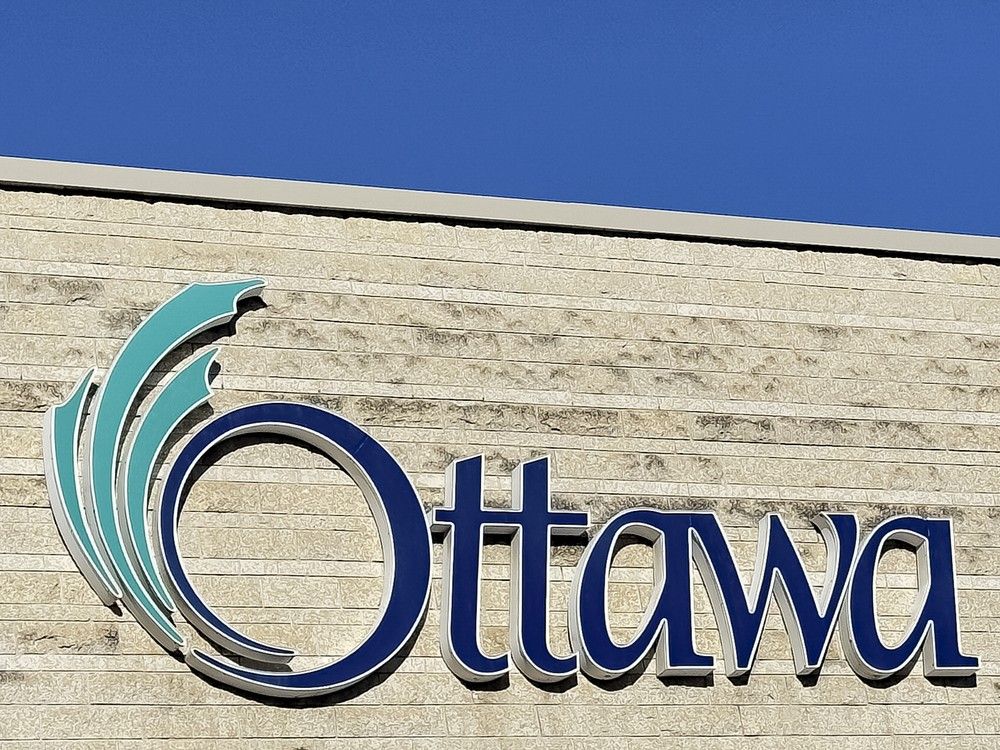Ottawa City Hall is running a $14-million deficit in the first quarter, prompting a spending freeze and a pause on hiring, according to a report for the Finance and Corporate Services Committee.
The report said that the hiring and spending freezes “play a critical role in managing the impact of these unforeseen events.”
“Management remains committed to implementing these strategies throughout 2025, with a continued focus on maintaining service levels,” the report added.
Progress and outcomes of the hiring and spending freezes will be reported throughout the year.
The report will be tabled in the committee on Tuesday, June 3.
In the report, the city’s deficit was attributed to “above average winter weather events” that resulted in a $24.9-million deficit for road services because of higher maintenance costs.
Last winter in Ottawa saw 193 cm of snow dumped on the city while the five-year average is 143 cm.
The significant increase in snowfall raises further questions about how climate change and unforeseen extreme weather events will continue to impact the city’s budget planning.
In the Q1 report, the city’s transit services also saw a deficit of $1.7 million, which was attributed to lower provincial funding and lower fare revenue than what was budgeted.
The shortfall exists despite a $200,000 savings due to O-Train Line 1 service reductions. The report says those savings were offset because of delays to the revamp of Ottawa’s bus routes and higher Para Transpo service costs.
However, the city is monitoring how the elimination of the federal carbon tax will impact the city’s budget going forward. The scrapping of the carbon tax by Prime Minister Mark Carney is “expected to have a positive impact on the
2025 operating budget
.”
It’s unclear if the savings will be able to make up for Ottawa’s Q1 deficit.
The report says that the end of the consumer-facing carbon tax will reduce operating costs for the city, “particularly in fuel-intensive departments” like transit, road maintenance and emergency services.
Meanwhile, Emergency and Protective Services saw a surplus of $1.4 million due to higher-than-anticipated parking fines and compensation savings from worker vacancies, among other revenue generated.
The Recreation, Cultural and Facility Services surplus was at $962,000, attributed to higher-than-budgeted revenue from arena rentals.
Finance and Corporate Services also saw a surplus of $398,000 due to increased tax and water use fees, as well as higher marriage licensing than what was expected.
The report also did not report any
impact from U.S. President Donald Trump’s tariffs
as of yet.
However, the city “continues to monitor external financial pressures” from the impact of tariffs on imported goods and materials.
“Capital projects involving construction materials, fleet components, and IT equipment are among the areas most likely to be affected by potential cost escalations,” the report added.
Any impacts from Trump’s tariffs will be detailed in future quarterly reports throughout 2025.
Currently, Trump’s tariffs have been snagged by the courts, but an appeal from the White House reinstated the court-paused tariff threat. Trump has also said he will double steel and aluminum tariffs from 25 to 50 per cent.
It’s unclear how Canada may respond to another potential escalation of the ongoing trade war and what that will mean for the city’s coffers.
Related
- How the 2025 Ottawa budget could impact your wallet
- 5 ways the new Ottawa budget changes what you pay



